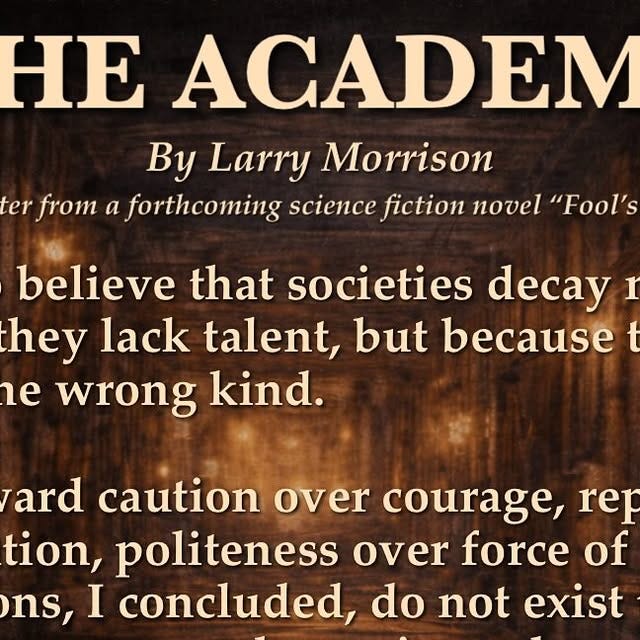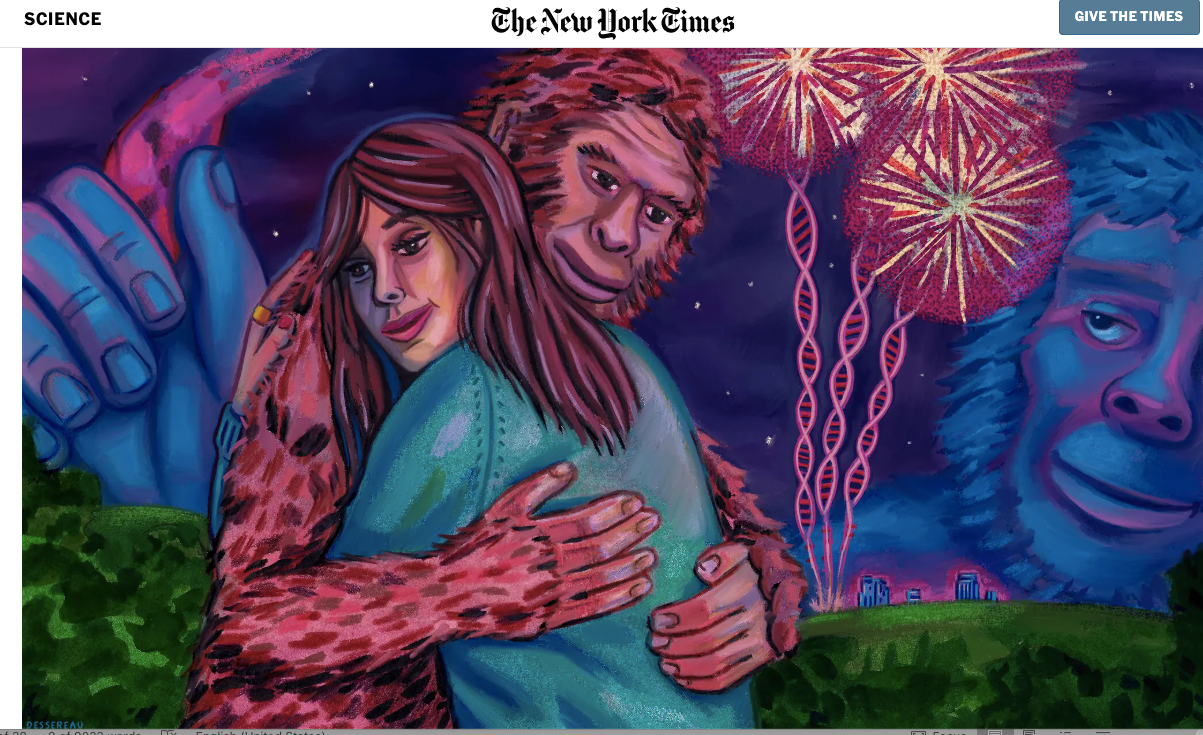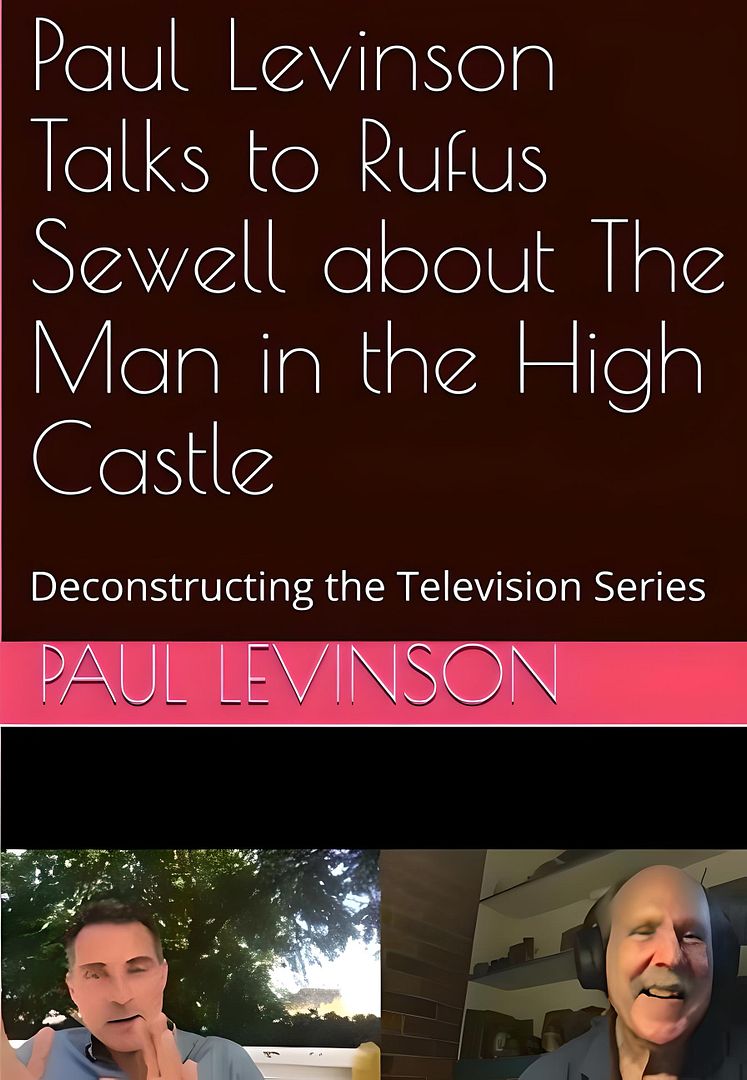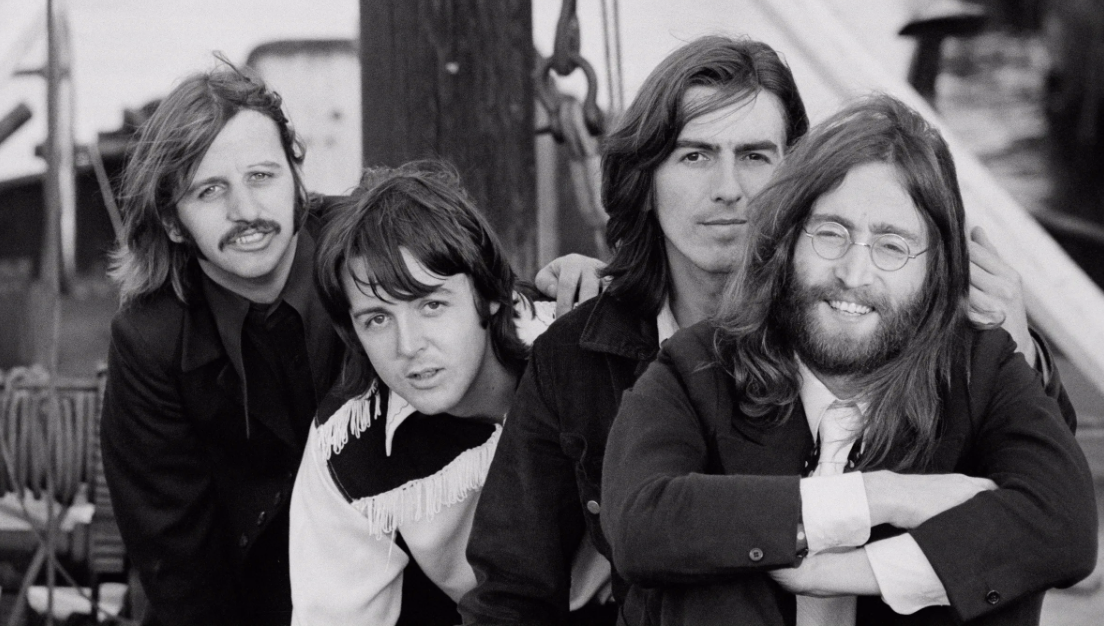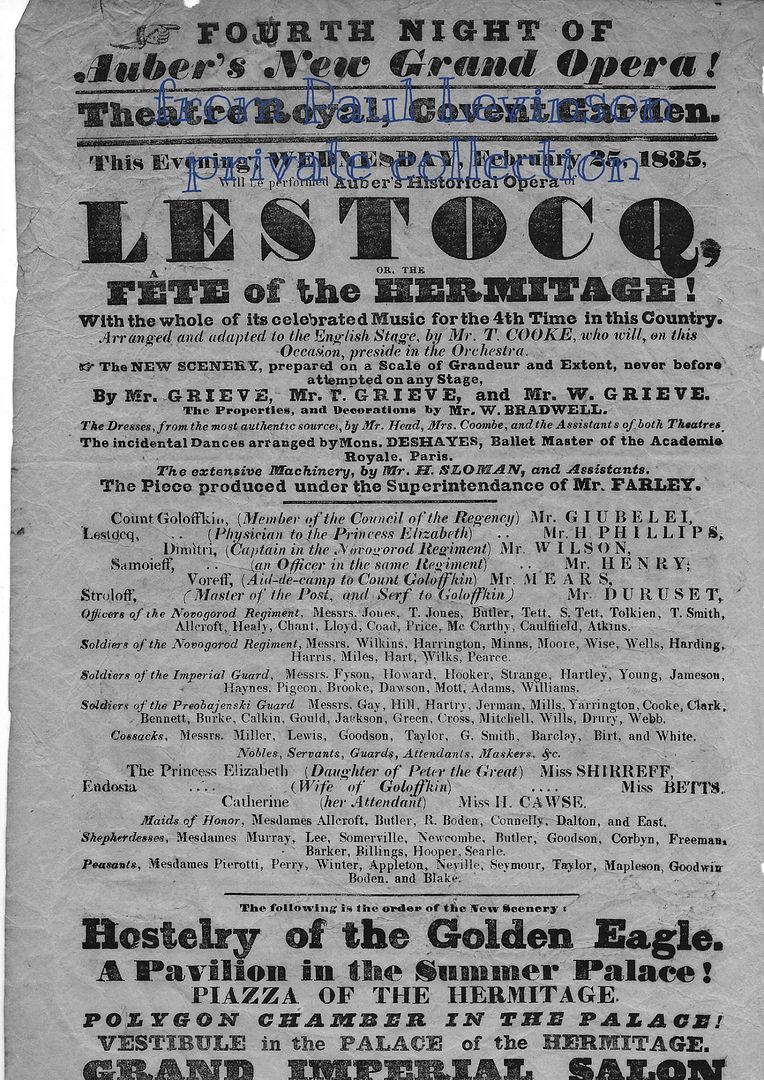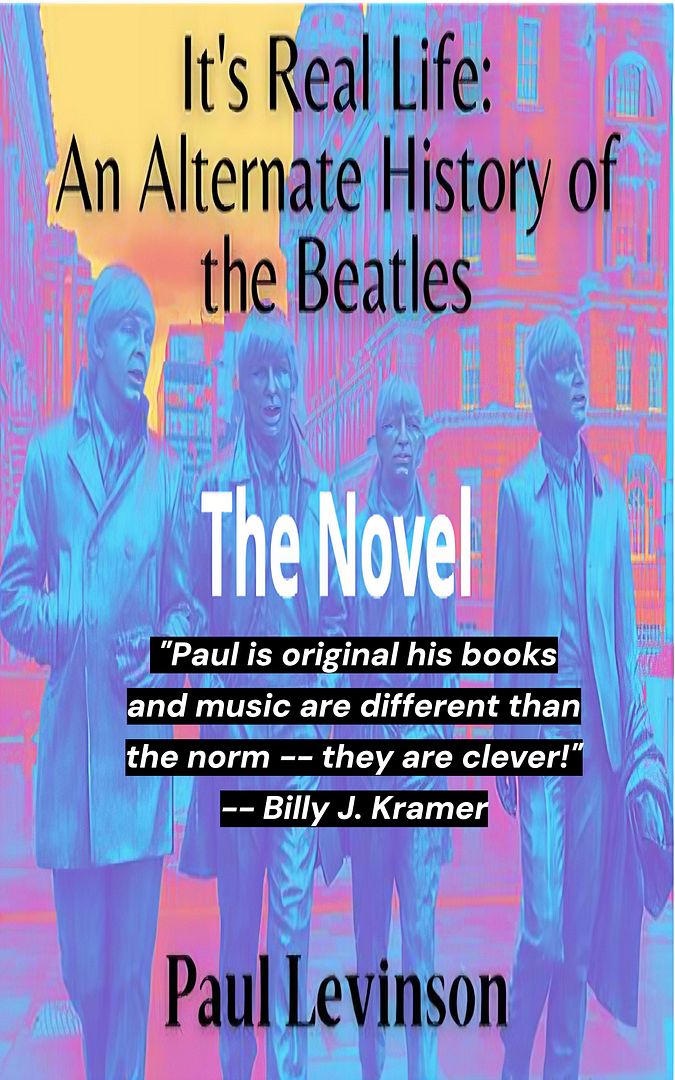
Hijack 2.2 on Apple TV+ intensified and deepened a mystery which, at least thus far, is becoming central to this second season: What is Idris Elba's Sam Nelson really up to?
[Spoilers ahead ... ]
In the previous episode -- 2.1 -- we learn at the end of the hour that Sam has hijacked a train in Berlin, in his quest to punish the person or people ultimately responsible for hijacking the plane in the first season, presumably because they have done something horrendous to Sam since he got back on the ground after stopping the hijacked plane from crashing into a populated area in London and killing lots of people.
The hijacking of the train is confirmed in episode 2.2, which ends with Sam about to do something much worse than the train being hijacked: he's apparently ok with, though not happy about, someone being killed due to his hijacking. He makes it clear that he doesn't want this to happen, but he's willing to accept it, if that's what it takes for Sam to continue with his new mission.
I have trouble completely believing this. Maybe it's because I can't quite see Idris Elba playing a character who can accept that his actions were causing the death of an innocent person. I guess, if we follow the utilitarian principle of the greatest good for the greatest number, that allowing one person to die is the ethical choice if that was the only way of stopping the death of many people, but if that's the case in this narrative, it would be helpful to see some indication that this is what Sam was trying to prevent.
At this point, we're still not clear about Sam's motive. If it's personal retribution, that would not be a case of the greatest good for the greatest number of people. Perhaps Sam's motive is both personal and utilitarian. Or perhaps Sam knows for whatever reason that the individual will not be killed. I'm looking forward to seeing how this all plays out.
See also Hijack 1: Don't Miss It! ... Hijack 2.1: A Tale of Two Vehicles

